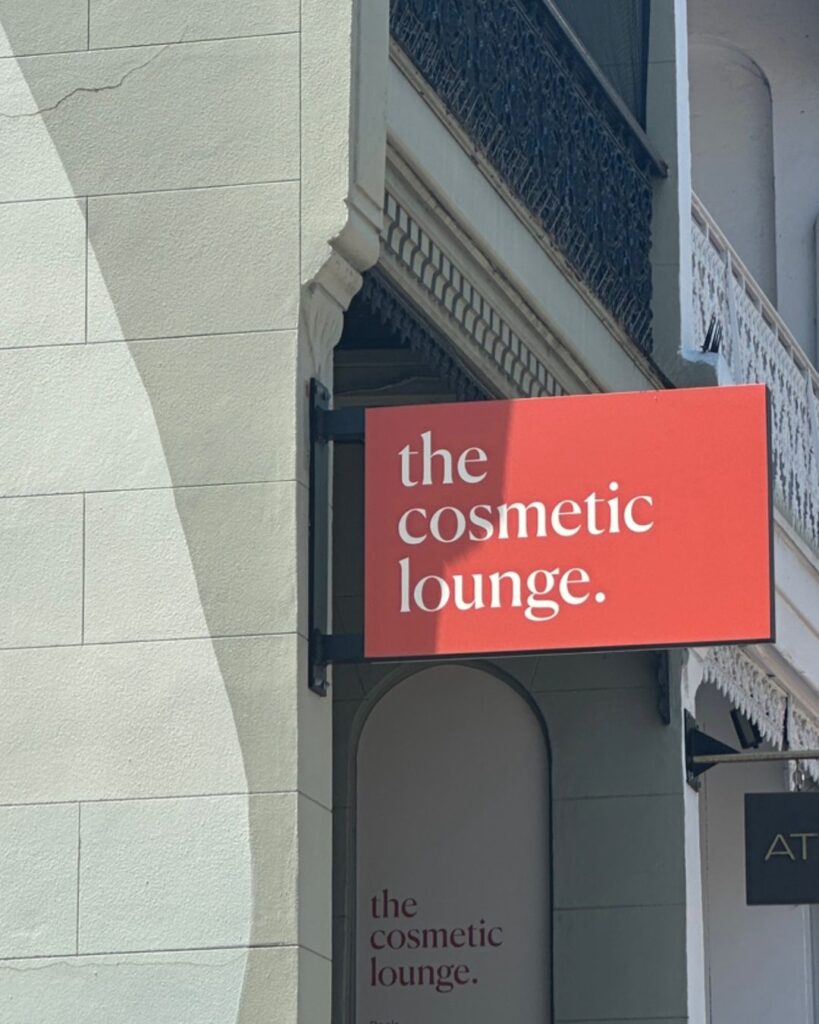This is our bread and butter. You might want to open that dream cafe, get a massage studio approved or setup a kickboxing gym (to everything in between). Changing the use of a commercial premises is a legal requirement that demands a careful blend of legal, architectural and planning expertise. ApproveAll Town Planning in-house town planners and architects are able to navigate the often complex pathway to approval. Our whole approach is to help you leverage your rent free period, and get approval as fast and efficiently as possible.
Local councils require compliance with the Local Environmental Plan (LEP) relevant to the area where the premises is located. The LEP is a legal document, drafted and enforced by the local council, outlining the land use and development parameters for specific areas. It’s the first checkpoint in ensuring that the proposed change aligns with the strategic vision and zoning regulations of the area. Ignoring these guidelines can lead to significant delays, hefty fines, or even the rejection of the change of use application.
Complementing the LEP is the Development Control Plan, often referred to in the same context as the Design Control Protocol (DCP). The DCP provides detailed guidance on the design aspects of developments, ensuring that they not only meet zoning requirements but also contribute positively to the local environment and community. Adhering to the DCP is equally important, as it helps maintain the aesthetic and functional coherence of neighbourhoods and can significantly streamline the approval process.
The complexity of aligning a project with both the LEP and DCP highlights the importance of engaging professionals, specifically architects and town planners. These experts bring a wealth of knowledge and experience in navigating the intricacies of town planning for commercial projects. They are adept at interpreting and applying the regulations, and their involvement can save time and money by avoiding common pitfalls and ensuring a smoother approval process.
This is where ApproveAll steps in. As a New South Wales-based collective, we house seasoned architects and town planners who specialise in guiding businesses through the maze of council approval for their business. Our team understands the delicate balance between commercial objectives and regulatory compliance, providing bespoke solutions for every unique project.
Often in the pursuit of approval, the option between a DA and a CDC are available, but what is the difference between the two?
Simply put, a Development Application (DA) is generally required when a proposal doesn’t meet all the criteria of the Exempt and Complying Development Codes, or is in a sensitive area, necessitating a thorough assessment by the council. On the other hand, a Complying Development Certificate (CDC) is a faster approval process for straightforward projects that meet specific criteria. Choosing the right path can significantly impact the project timeline and cost, and our experts at ApproveAll are adept at advising on these options.
Attempting to complete a lodgement package for approval without professional assistance, or trying to source assistance from multiple different companies, can be a risky endeavour. It often leads to disjointed advice, misinterpretation of regulations and increased likelihood of non-compliance. This fragmented approach can result in delays, additional costs, and in some cases, the need to start the application process all over again.
Embarking on a commercial change of use or seeking approvals for a business in Sydney requires more than just a vision; it demands a deep understanding of local regulations and a coordinated approach in design and planning. Engaging with a comprehensive service provider like ApproveAll, where architectural acumen meets town planning expertise, not only streamlines the process but also ensures that your project stands on solid legal and aesthetic ground.




